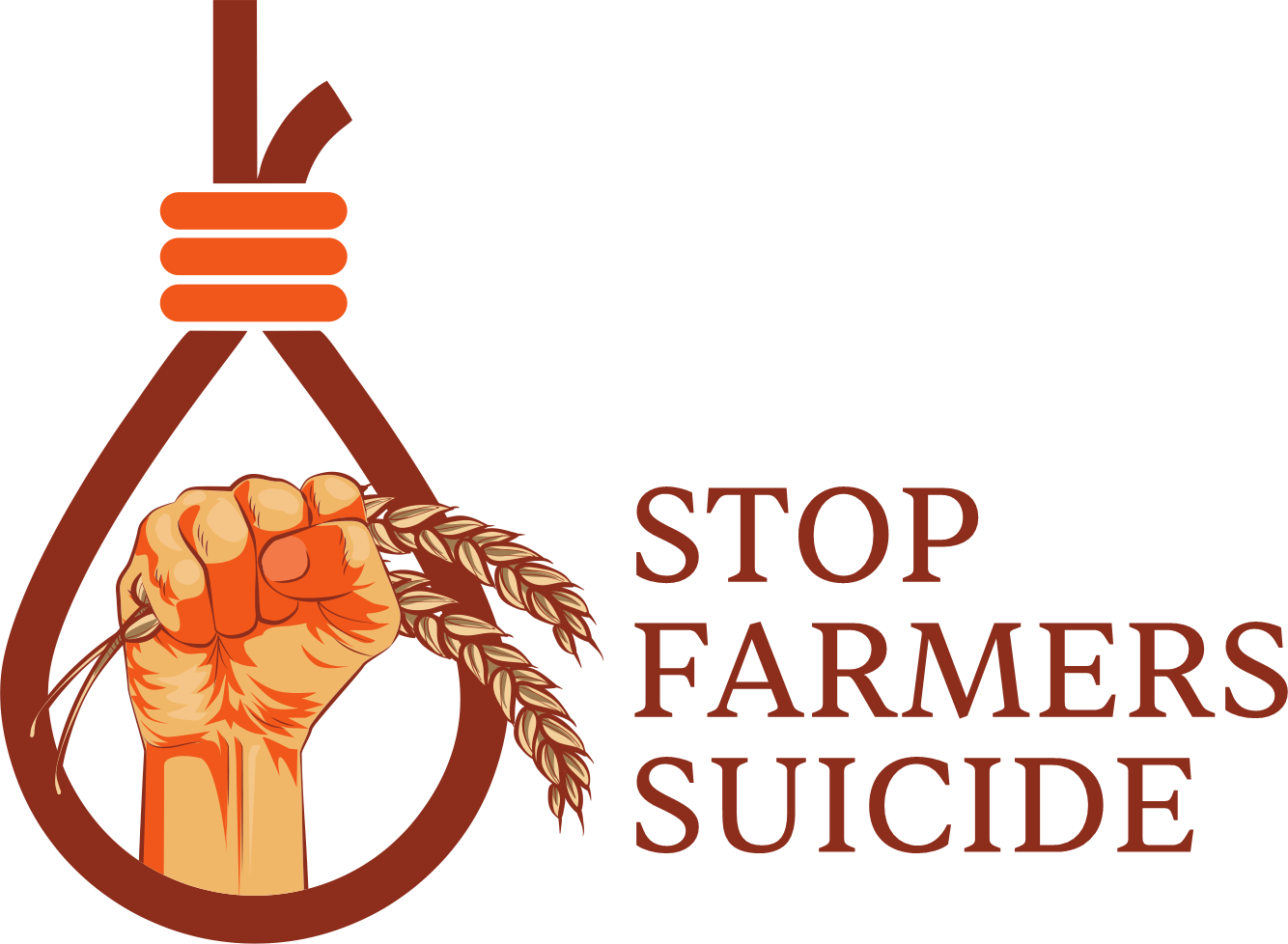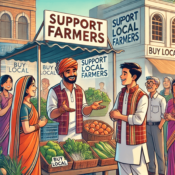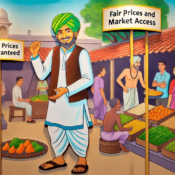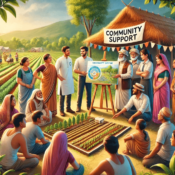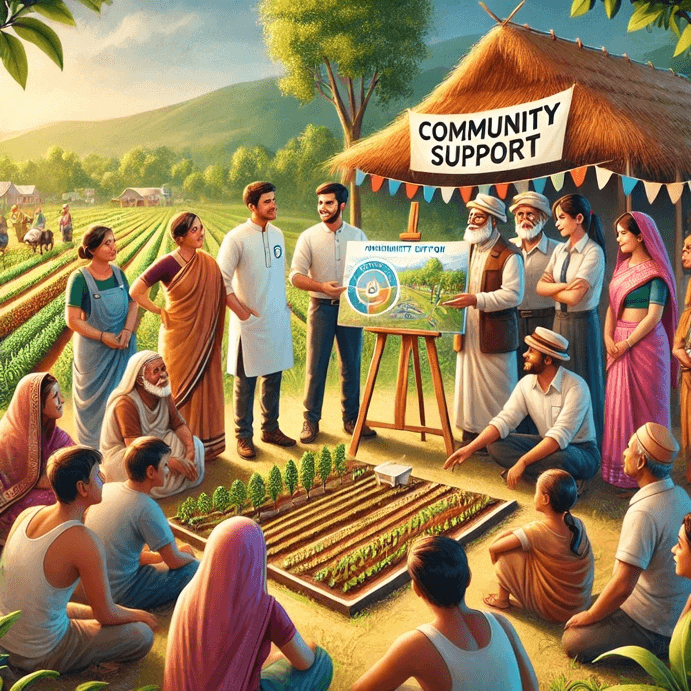
Role of NGOs and Community Support in Helping Farmers
Farmers are the backbone of many economies, particularly in developing countries where agriculture is the primary livelihood for large portions of the population. However, farmers, especially smallholders, often face numerous challenges such as climate change, inadequate access to resources, poor infrastructure, and financial distress. These challenges can lead to reduced agricultural productivity, increased debt, and, in some tragic cases, even farmer suicides. While government policies are crucial in supporting the agricultural sector, non-governmental organizations (NGOs) and community-based support networks play an equally important role in helping farmers overcome these difficulties. Through innovative programs, capacity-building efforts, and grassroots interventions, NGOs and community organizations are transforming the lives of farmers, improving their livelihoods, and promoting sustainable agricultural practices.
Providing Financial Support and Resources
One of the most significant challenges faced by farmers, particularly in developing regions, is limited access to financial resources. Many farmers struggle to secure loans from traditional financial institutions due to a lack of collateral or insufficient credit history. This is where NGOs step in. Numerous NGOs focus on providing microfinance services, offering small loans to farmers to purchase seeds, equipment, or fertilizers. These loans often come with favorable terms, such as lower interest rates and flexible repayment schedules, making them more accessible to farmers in need.
In addition to financial support, NGOs often help farmers gain access to subsidized seeds and fertilizers or provide training on resource management to ensure that the support they provide leads to sustainable and productive outcomes. NGOs may also partner with governments or other organizations to offer insurance programs that protect farmers against crop loss due to natural disasters, thus alleviating the financial burden during difficult times.
Capacity Building and Skill Development
Many farmers, especially those from rural or marginalized communities, lack access to up-to-date agricultural knowledge and training. This can result in inefficient farming practices, lower yields, and unsustainable land management. NGOs play a critical role in capacity-building efforts that equip farmers with modern agricultural techniques, knowledge of sustainable practices, and tools to improve their productivity.
For instance, NGOs often run agricultural training programs that teach farmers how to diversify their crops, practice crop rotation, and integrate organic farming methods that preserve soil health. These programs can also include climate adaptation strategies, such as water conservation methods and the use of drought-resistant crop varieties, which are essential in the face of increasingly erratic weather patterns due to climate change. By helping farmers develop these skills, NGOs empower them to make informed decisions, increase their yields, and ensure that their farming practices are more resilient to environmental challenges.
Additionally, NGOs frequently offer entrepreneurship training to help farmers diversify their income sources. Many farmers in developing countries rely solely on agriculture for their livelihood, making them vulnerable to market fluctuations and environmental risks. Through skill-building programs, NGOs help farmers venture into areas like food processing, value-added products, and agritourism, creating new streams of income and reducing dependence on a single source of revenue.
Enhancing Market Access and Fair Trade
Another key challenge faced by farmers, particularly smallholders, is access to markets where they can sell their produce at fair prices. Often, farmers are at the mercy of middlemen or exploitative market structures that offer low prices for their products. NGOs are stepping in to help farmers overcome these barriers by creating cooperatives and farmer producer organizations (FPOs) that help farmers collectively sell their products, negotiate better prices, and improve their bargaining power.
NGOs often facilitate access to global and regional markets by connecting farmers with buyers, setting up fair trade initiatives, and promoting organic or sustainable agricultural products. This can significantly increase the income of farmers and improve their financial stability. Additionally, by joining cooperatives, farmers benefit from shared resources, joint marketing, and the collective purchasing of inputs such as seeds and fertilizers, which reduces costs and increases overall productivity.
Promoting Social and Psychological Support
The emotional and psychological toll of farming, especially in challenging conditions, cannot be understated. Farmers face significant stress due to factors like financial debt, crop failure, and market instability. The resulting mental health challenges, including depression and anxiety, are often overlooked in rural communities. NGOs play an important role in mental health support by providing counseling services, organizing peer support groups, and raising awareness about the importance of mental well-being.
For example, in India, several NGOs run mental health awareness programs specifically for farmers. These programs help reduce the stigma surrounding mental health issues and provide a safe space for farmers to share their struggles. Counseling and psychological support can be crucial in preventing the worst outcomes, including suicide, by helping farmers cope with the pressures they face.
In addition to formal support, community-based initiatives often play a vital role in providing emotional and social support. These initiatives foster a sense of solidarity among farmers, reducing isolation and encouraging them to share experiences, solutions, and strategies for coping with challenges. Farmers in these communities feel empowered and understood, knowing they are not facing their struggles alone.
Advocacy for Policy Change and Rights
In many cases, farmers face systemic issues related to land rights, labor rights, and access to government support. NGOs act as advocates for farmers, helping them navigate complex legal and political systems and ensuring their voices are heard in policy discussions. By working closely with local and national governments, NGOs advocate for policies that address issues like fair land distribution, agricultural subsidies, and access to healthcare.
Additionally, NGOs often run awareness campaigns to educate farmers about their legal rights, including land tenure, access to credit, and subsidies. By empowering farmers with legal knowledge, NGOs enable them to stand up for their rights and avoid exploitation by landlords, moneylenders, or corrupt officials.
Conclusion
NGOs and community support organizations play an invaluable role in helping farmers overcome the numerous challenges they face. Through financial assistance, training, access to markets, mental health support, and advocacy, they help farmers not only survive but thrive in difficult conditions. As agriculture becomes increasingly vulnerable to climate change, market volatility, and social disparities, the role of NGOs in promoting sustainable farming, protecting farmer welfare, and advocating for policy change will continue to be of paramount importance. By working together with governments and local communities, NGOs can help create a more resilient, equitable, and prosperous agricultural sector for future generations.
